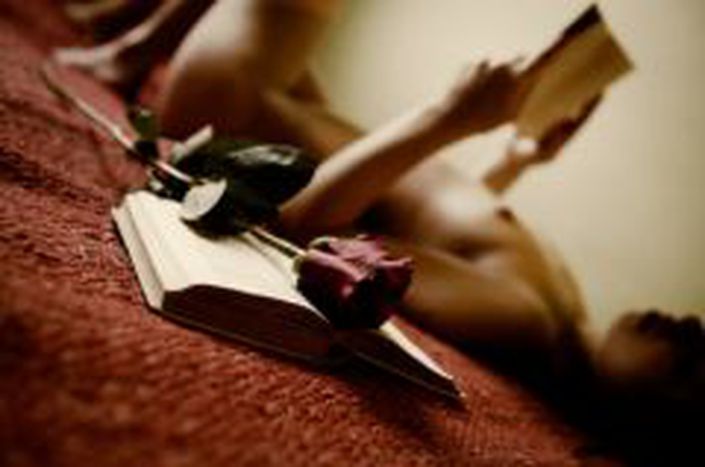
Literature and Eroticism: Cupid Always Draws His Bow
Published on
Translation by:
Nathalie JusseaumeBy Maria Moreno Translated by Danica Jorden Reflecting the theme chosen for the 2012 edition of the Brussels Book Fair (“Sex, Books & Rock ‘N Roll”), it’s easy to draw a parallel between erotic literature and rock culture. Ever since ancient times, eroticism has oscillated between conflict and freedom. Today, literature holds a mirror to a society that has changed the standards of subversion.
The fair’s programme sought to relate rock and literature’s “fight against taboos” and “questioning the world and the values that drive it.” It was a chance to take another look at literature’s erotic tradition. How has the enfant terrible of literature grown? Does it still have its “libertarian/libertine” spirit?
In the middle of this deluge of books, Jean-Claude Idée’s theatrical work on The Art of Loving Ovid resurrected history’s first literary censorship. Likewise, a debate on the Marquis de Sade demystified his image as a monster. Does anyone remember that Philosophy in the Bedroom was first and foremost a violent revolt against traditional values? It was a true effort to reflect on the moral, political and religious questions of that time, not just a simple quest for pleasure by being bad.
On the other hand, one of the greatest symbols of libertinism in literature didn’t shine so brightly at the Fair. Casanova, though far from the extreme experiences of Sade, shared with him however the desire to breach the rules and relationships regarding sexual pleasure. Perhaps his jovial sensuality was out of tune with the disenchantment and disillusionment with the body prevailing at the time. The Ambassador of Light was, in effect, the antithesis of tragic existentialism.
Profane Bedrooms
In any event, that time was well represented in the parallel posed between pleasure and self-destruction. Eroticism’s necessary mysteriousness to stir the imagination was swept away by “trashy” images. After Catherine Millet, Lydia Lunch, a descendant of Virginie Depente, symbolises the rise of a virulent and brutal feminism. At the limits of pornography, these books multiply gory scenes with obscene, crude language.
But the tendency is to provoke, rather than subvert. It’s about “making dough with cum.” Is it pure marketing, using “porno chic” as a strategy to shock the masses into buying? By replacing the word “books” with “drugs,” the 42nd Book Fair’s slogan can be reinterpreted as a call to consume.
The ubiquity of sex in today’s society means that even the least expected work can contain a sexual scene without disturbing anyone. But despite the “big, sexy noise” atmosphere, there remain a few authors, such as Caroline Lamarche, for whom eroticism is still a subtle art. In today’s “de-eroticisation,” those who claim to be anti-conformist are curiously the most conformist of all.
Translated from Literatur und Erotik: “Eros spannt immer noch seinen Bogen”



